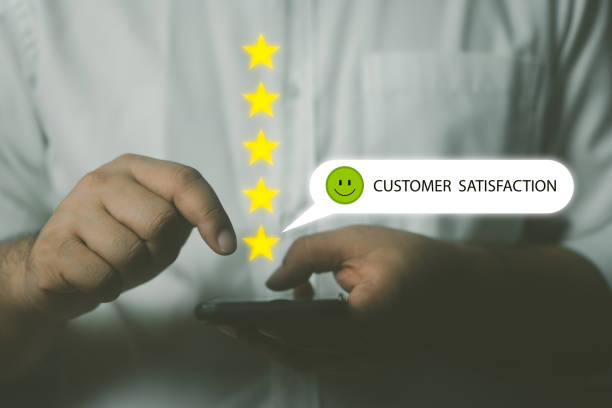Elevating the Propane Delivery Experience
Creating a Customer-Focused Approach In the competitive propane industry, delivering a customer-centric experience is critical to distinguishing your business and fostering loyalty. Focusing on customer needs, preferences, and satisfaction can drive both your growth and reputation. This guide explores strategies to craft a customer-centric propane delivery experience, ensuring your services resonate with and retain your… Continue reading Elevating the Propane Delivery Experience



